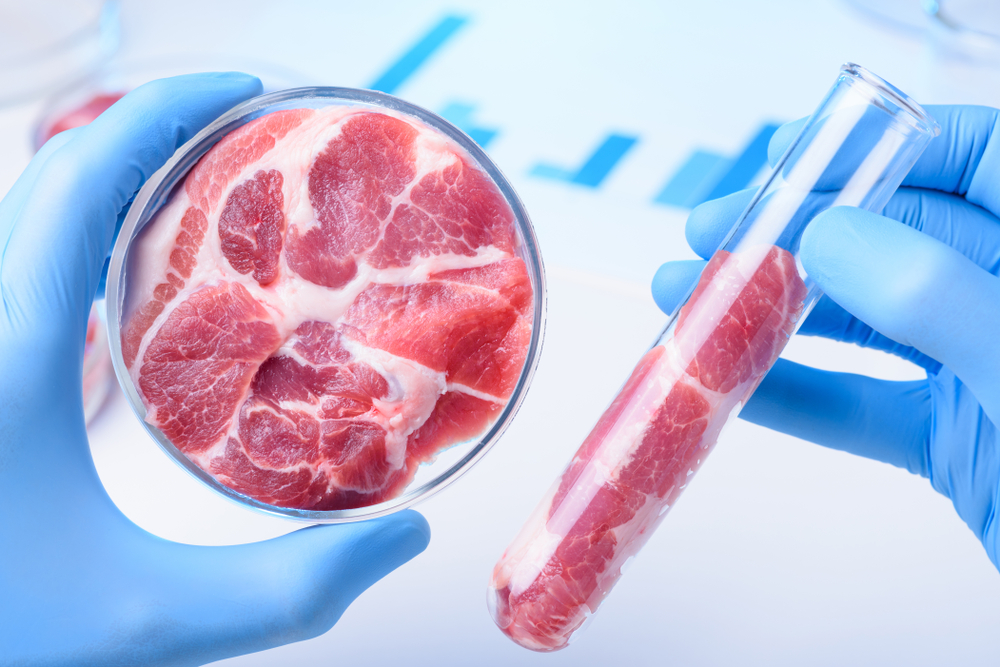人造肉已成为现实,你能接受人造肉吗?

Meat cultivated from cells — with no need to raise and kill an animal — is now a reality. More than 150 startup companies are chasing an ambitious goal: producing meat that doesn’t require raising and killing animals, that is affordable, and tastes and feels like the meat we eat now. They are part of a young industry aiming to use cell biology to reduce the environmental impact of the world’s ever-increasing demand for meat and change global protein production the way electric cars are shaking up the auto industry.
“We are addicted to meat as a species. It’s part of our evolution. It’s part of our culture,” said Believer founder Yaakov Nahmias, whose country, Israel, is an industry hub (中心) along with California and Singapore. But “we thought about quantity rather than the environment, rather than sustainability.”
Companies making so-called “cultivated,” or “cultured” meat, which is also popularly known as “lab-grown” meat, are trying to scale up quickly — partnering with traditional meat companies, drawing more and more investors and breaking ground on new production facilities in the U.S. and elsewhere.
Wide adoption of meat from cells is nowhere near assured, however. This meat is expensive to make. There are scientific challenges, such as learning how to mimic the complex structure of steak. Government regulation is another hindrance. Only Singapore and the U.S. allow sales of cultivated meat.
And while many people who have tried it say they like it, others find the idea unappealing. A recent poll from The Associated Press-NORC Center for Public Affairs Research found that half of adults in the meat-hungry U.S. would be unlikely to try it. A majority of those who said they wouldn’t try it explained that “it just sounds weird.” Even Nahmias’ 10-year-old son Oren says he will only eat traditional meat. “I feel bad” for the animals, he said, “but they are yummy!”
原创编写 版权所有 侵权必究! 每日更新 个性化阅读 英语飙升!